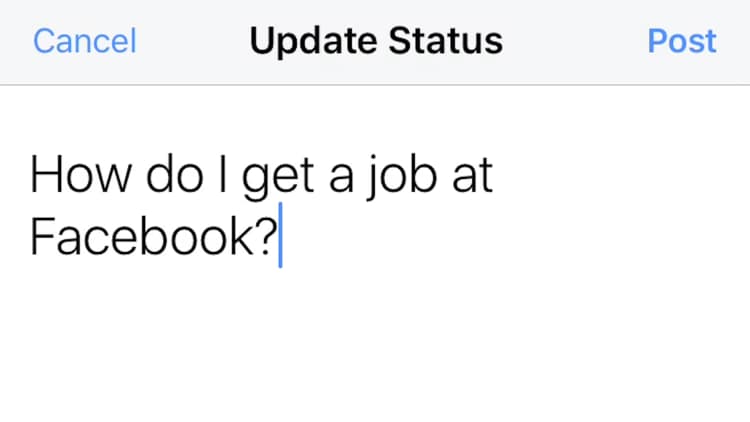Google creates innovative products that few can rival. Now, the tech giant is being creative and rethinking the way it finds top talent.
In a Google Partners podcast from June, global staffing lead and senior recruiter Lisa Stern Haynes says that the company uses "structured interviewing" to determine who gets hired.
"That just means we use the same interview methods to assess candidates who are applying for the same job," she says.
Unlike a typical interview where questions change based on the applicant, the resume, the interviewer and other factors, Google determines well ahead of time what questions each candidate will be asked. The company then comes with up a grading rubric to match.
"So way before we ask any questions, we can anticipate what we think a good versus a mediocre versus a poor answer is going to look like," says Haynes. "It makes assessing candidates so much easier and so much more consistent."
It also allows HR personnel and managers to determine who will be successful in the chosen role. And the company has research to back up these claims.
"The research has shown externally to Google that structured interviews are more predictive of a candidate's future performance on the job compared to unstructured interviews," says the senior recruiter. Internal studies within the company have also found that structured interview scores are highly predictive indicators of future performance scores of their employees, according to Haynes.
So what questions are asked? Well, before developing their interview questions, Google execs think about two key components: What attributes it's seeking from people who join the company and then for that specific role.
But it wasn't always this way, admits Haynes, while also noting that it's definitely been a trial and error process over time.

"We learned our lesson the hard way after years and years of asking brain teaser questions like 'how many golf balls can you fit in a school bus?'" she says. "The brain teasers that we used to ask candidates had literally nothing to do with the job at all."
One of her favorite questions that she would often hear is "what would you do if you had an elephant?"
"So great cocktail party conversation but unsurprisingly those types of questions don't turn out to be terribly predictive of future performance on the job," she says in the podcast.
Nowadays, their questions fall into two categories: behavioral and hypothetical.
The behavioral questions focus on your past experience and usually start something like, "tell me about a time."
"The premise of those types of questions is that a candidate's past experience is going to be a great indicator of their potential future work performance," Haynes explains.
Hypothetical questions are a bit harder to prepare for, says the recruiter. "They're more situational in nature and so you can't rely on past work experience to answer those."
These questions usually start with "imagine that you encountered X situation. How would you go about Y?"
In order to score well on these questions, candidates have to be able to think on their feet and walk through their thought processes regarding how they'd go about solving that problem.
"The candidates are not necessarily trying to drive toward a correct answer interviewers are looking for," says Haynes, "but the interviewers are really curious to see how they think."
Like this story? Like CNBC Make It on Facebook.
See also:
A top Microsoft HR exec says you should apply to jobs in these 2 industries
Why IBM wants to hire employees who don't have a 4-year college degree
3 reasons why millennials want to work for Google and Amazon so badly




